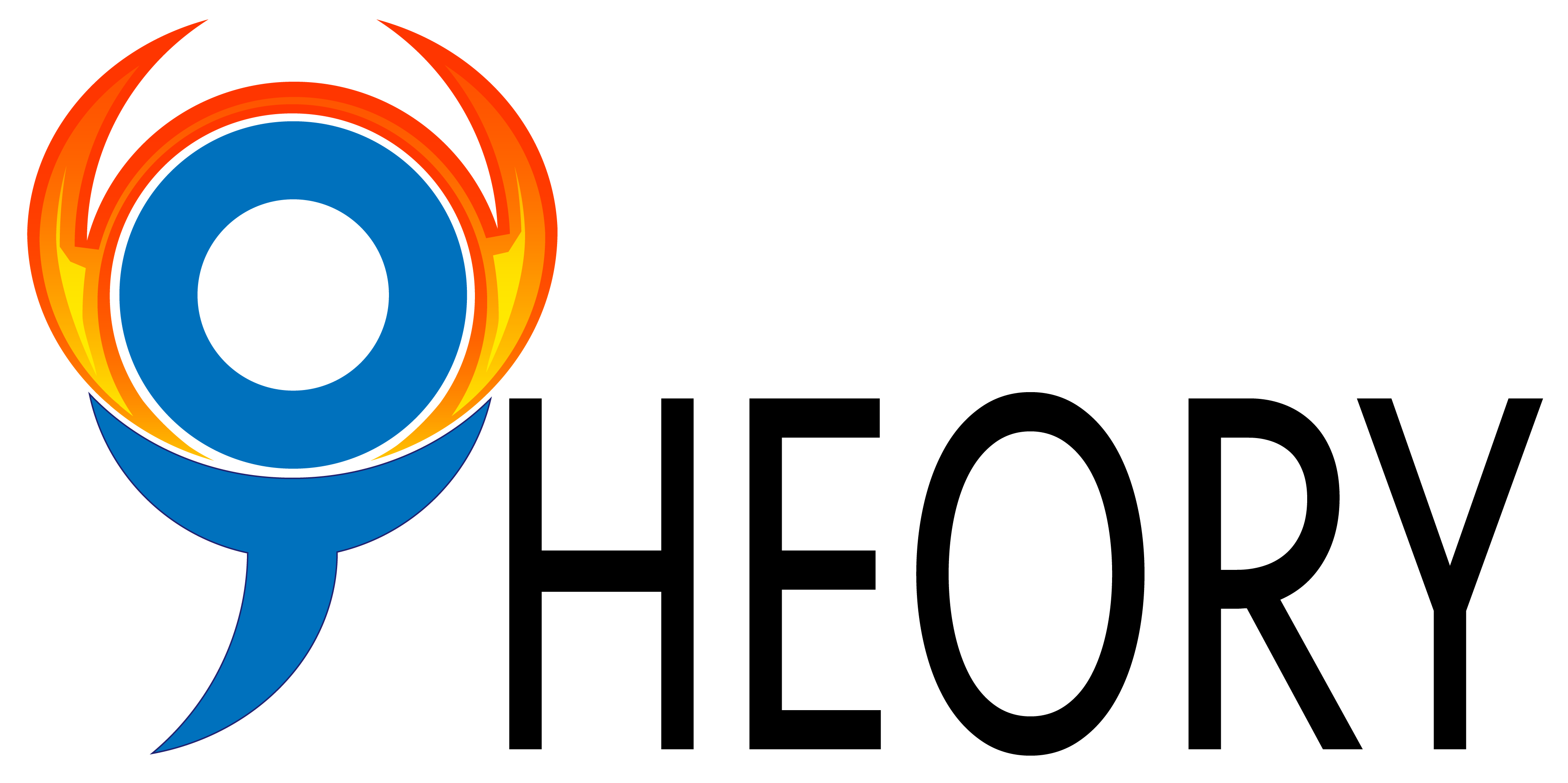The compensatory frame of reference (FOR) aims to increase occupational performance and facilitate independence by utilizing compensatory techniques. It is used to compensate dysfunction in desired occupations, e.g., using assistive device or equipment such as Ergonon/Reflex knife during meal preparation, to compensate difficulty with using traditional knife. This FOR also includes environmental change, e.g., altering layout of living environment or using splints. These environmental changes sometimes are important for an individual to regain a valued role such as getting access to bathroom for bathing and grooming using wheelchair. The FOR aims to facilitate the clients’ independent functioning. It assumes that the dysfunction is considerably irreversible. The clients may find it difficult to accept the techniques at first as they may remind the clients of their lost functions. Therefore, compliance and engagement are important in getting successful outcome. Except physical injury, some clients who experience a stroke or other neurological disorder may be also suitable to apply this FOR. Compensatory strategies on memory or concentration may be applied to facilitate role performance. Task modifications are sometimes used to modify the task to compensate for the loss of function in order to increase independence. An educational approach is usually used in conjunction with this FOR to explain the purpose to help client understand the purpose and precautions. The ultimate goal is to use compensatory techniques to increase occupational performance and enable the clients to regain independence.
Summarized by
- Macey Cho
Type
- Frame of reference
Population
- Child
- Adolescent
- Adult
- Elderly
Disability
- All
Domain of occupation
- Unspecified
Application Note
It is used to compensate considerably irreversible impairment in order to maximize independence within the constraints of injury.
Key Reference
Addy, L. (2006). Occupational therapy evidence in practice for physical rehabilitation. Oxford: Blackwell.
Year Published
- 2006
Primary Developer
- Lois Addy
Primary Developer Email
- enquiries@LDAlearning.com
